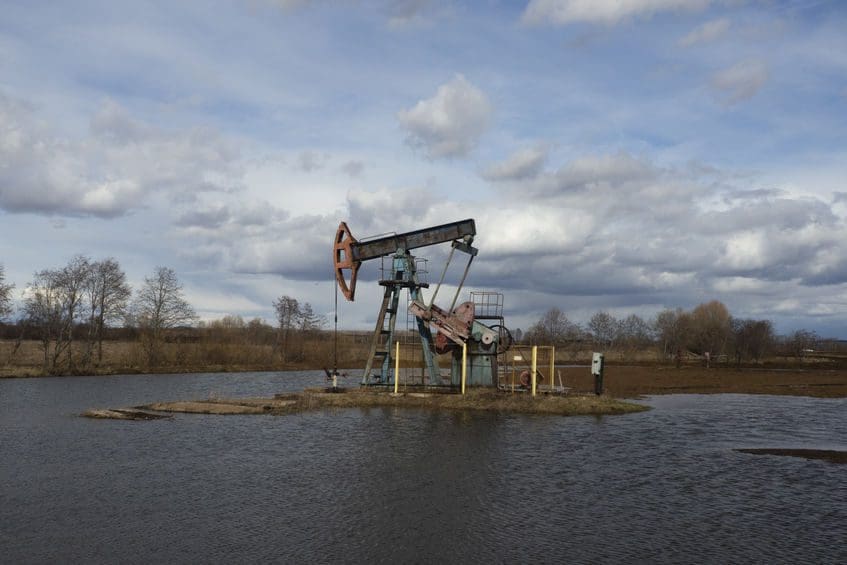Exploration of land for minerals like copper and gold is one of the oldest practices that is still being done today. You may be surprised to know that many generations from different cultures had their share of encounters with land explorers. In movies, you will remember that this is often a source of conflict or dispute. It would be interesting to note that such is not always the case in real life. Instead, there is quite a lot of things to learn from these age-old transactions. Pheasant Energy is one of the few companies that you should learn from in terms of the honest and transparent practice of buying mineral rights.
Here are some of the key points that you should know if you are considering selling your mineral rights.
1.You need to know that you can sell or lease the mineral rights of your property to experts. This is specific to the processes of exploration of minerals until they are extracted. In many cases, the same can also be applied to gas deposits that your land might carry. If you are thinking of maximizing your property, then selling the mineral rights could be a good business option.
2.You can work with the company, which is buying your mineral rights, to identify the kinds of activities to be done on the land. You can easily get involved in these conversations by educating yourself. You must know what is the coverage of activities that will be done on the land, like how Pheasant Energy does. This way, you can influence the protection of your property, even as you sell its mineral rights. You should always keep in mind that you are selling the minerals beneath, not the surface. So, the terms of your contract should remain clear between you and the company.
3.Mineral rights are distinct from surface rights. This is an important thing you should be very conscious about. In as much as they are intertwined, if selling the land is concerned, you need to be able to distinguish which part of the land you are selling the rights to. What does it mean? The answer is pretty simple. If you sell your entire property, it includes the mineral rights beneath it. However, if you are selling only the mineral rights, then it is only the ownership of the minerals beneath the surface that is involved. This delineation should be as clear as daylight for you and your heirs. This is to make sure that you and the company, you are dealing with, are clear with these terms and down with the contract.
4.Deal with only the real experts. Many will come to you and try to convince you to sell your mineral rights to them. Your best interests will only be protected if you are truly dealing with experts. They should be able to discuss with you the clear delineation of the mineral rights they are buying the surface rights that you may choose to keep. They should also make the information about the types of activities to be done on the land, available for your reference. This is essential at the onset of any transaction to recognize that you have full control in the decision-making process of selling your mineral rights.
This is the kind of transparency that you need to look for if you are considering selling your mineral rights. They should come to you with clear stipulations about their activities that may be specific from exploration to the extraction of the minerals or gas. The details of the contract are important to also manage your expectations about your limitations after the fact of selling. This is an important aspect to plan your actions forward.
It is ideal for you to find a company that will straightforwardly deal with you. You will know that you are speaking with real experts if they can lay down the cards right with you. They will take the time to fluidly manage your expectations at the onset of the transaction. By such, you can assess better if selling your mineral rights will be beneficial for you. Keep in mind that the best part about being educated about your options is that you are empowered with your future. A good company like Pheasant Energy will help keep your eyes literally close to the ground.





